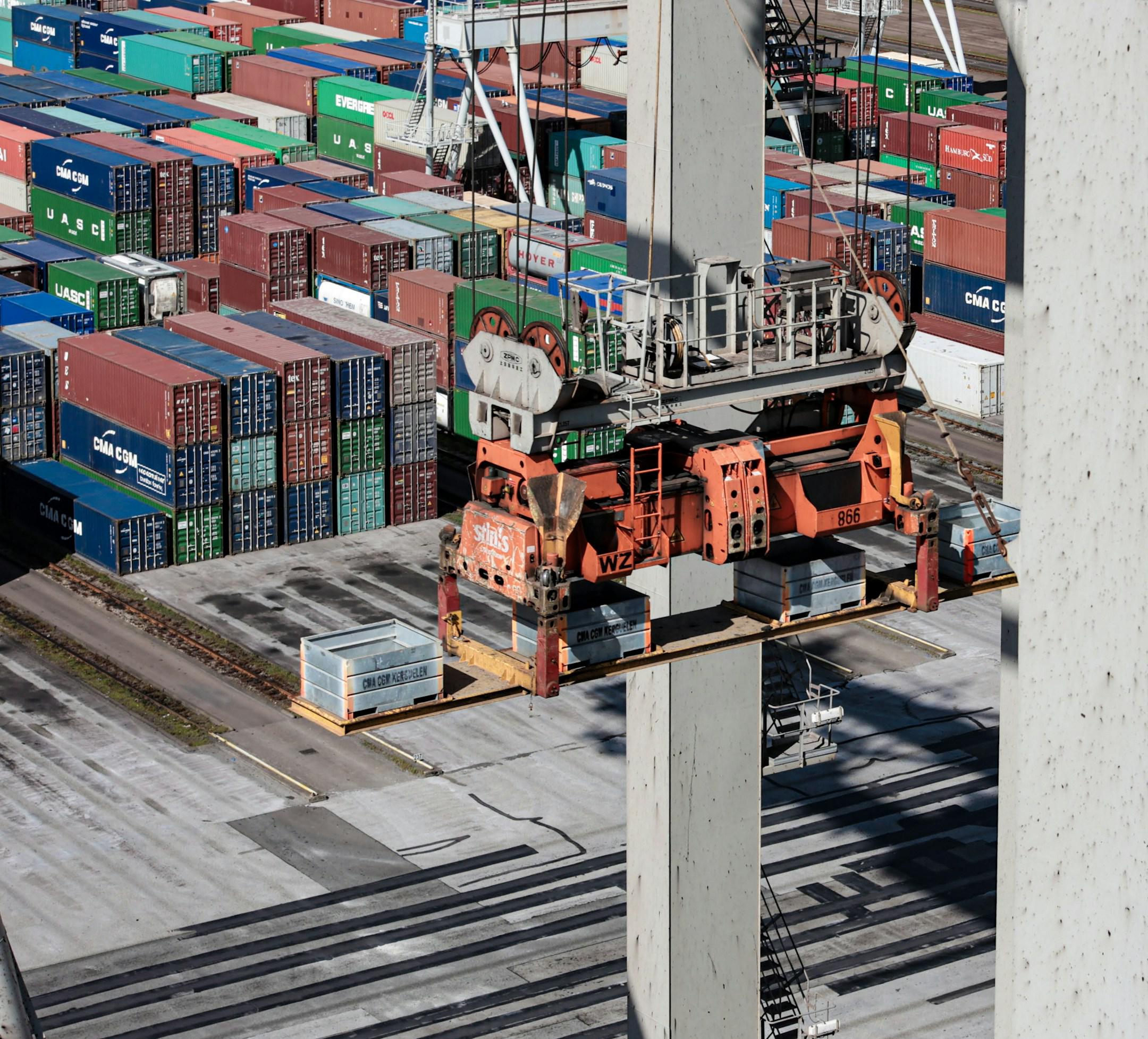
Navigating the world of freight quotes isn’t just a matter of numbers; it's a blend of strategy, experience, and intuition. Logistics experts, with their finely tuned instincts, dive into the intricate details of freight quotes, unraveling the layers of cost, reliability, and service quality. To the untrained eye, a quote may seem like a simple figure, but beneath that number lies a complex web of variables that can make or break a shipment's success.
Freight Quotes: What’s Involved?
At its most basic, a freight quote is an estimated price for transporting goods from point A to point B. But in reality, it’s so much more than that. It's an equation involving weight, dimensions, distance, and mode of transportation—whether it’s by road, rail, air, or sea. Yet, even with these factors in mind, no two quotes are the same. Logistics experts must delve into the nuances, scrutinizing every detail to ensure that the selected quote doesn’t just fit the budget but also aligns with the shipment’s unique needs.
A Web of Variables: What Influences a Freight Quote?
When it comes to freight quotes, no two are identical. Variables such as the type of goods, the urgency of the shipment, and the specific route all play crucial roles. A shipment of hazardous materials, for instance, comes with its own set of regulations and requires specialized handling, inevitably driving up costs. Similarly, transporting perishable goods demands refrigerated containers, adding another layer of expense.
But the complexity doesn’t stop there. Fuel surcharges, seasonal fluctuations, and accessorial charges—such as fees for residential delivery or liftgate services—can significantly alter the final price. Understanding these hidden costs is essential for logistics experts when comparing quotes. A quote that looks appealing at first glance might balloon with additional charges, turning a seemingly good deal into a costly misjudgment.
Cost vs. Reliability: The Balancing Act
The allure of a low price is undeniable, but seasoned logistics professionals know better than to fall into that trap. A cheap quote might signal potential compromises—delays, damaged goods, or unreliable service. Thus, the comparison isn’t just about finding the lowest price; it’s about striking a balance between cost and reliability. After all, a shipment that arrives late or in poor condition could end up costing far more in the long run.
This balancing act is where expertise shines. At Gold Star Transportation, for example, we’ve built our reputation on securing competitive rates without sacrificing service quality. Our deep relationships with trusted carriers allow us to offer rates that are not just competitive but also come with the assurance of reliability.
The Art of Negotiation: Leveraging Relationships
Negotiation isn’t merely a skill; it’s an art form. Logistics experts often leverage long-term relationships with carriers to negotiate better rates and terms. But it’s not just about getting a lower price; it’s about understanding when to ship, how to optimize routes, and finding a win-win scenario for both the shipper and the carrier. These negotiations, often subtle and complex, can lead to significant cost savings and more favorable shipping conditions.
Imagine the negotiation as a chess game, where each move—whether it’s timing a shipment during off-peak hours or bundling multiple shipments together—can tip the scales in favor of a better deal.
Technology: The Modern-Day Crystal Ball
In today’s fast-paced world, technology is the logistics expert’s best friend. Advanced freight management systems and comparison tools have transformed the way quotes are analyzed. These platforms allow for instant comparisons across multiple carriers, offering a comprehensive view of all options in seconds. Yet, the human touch remains irreplaceable. While technology can provide data, it’s the expert’s judgment—honed by years of experience—that ultimately guides the decision.
For further assistance with your freight quotes, don’t hesitate to contact our team at Gold Star Transportation.